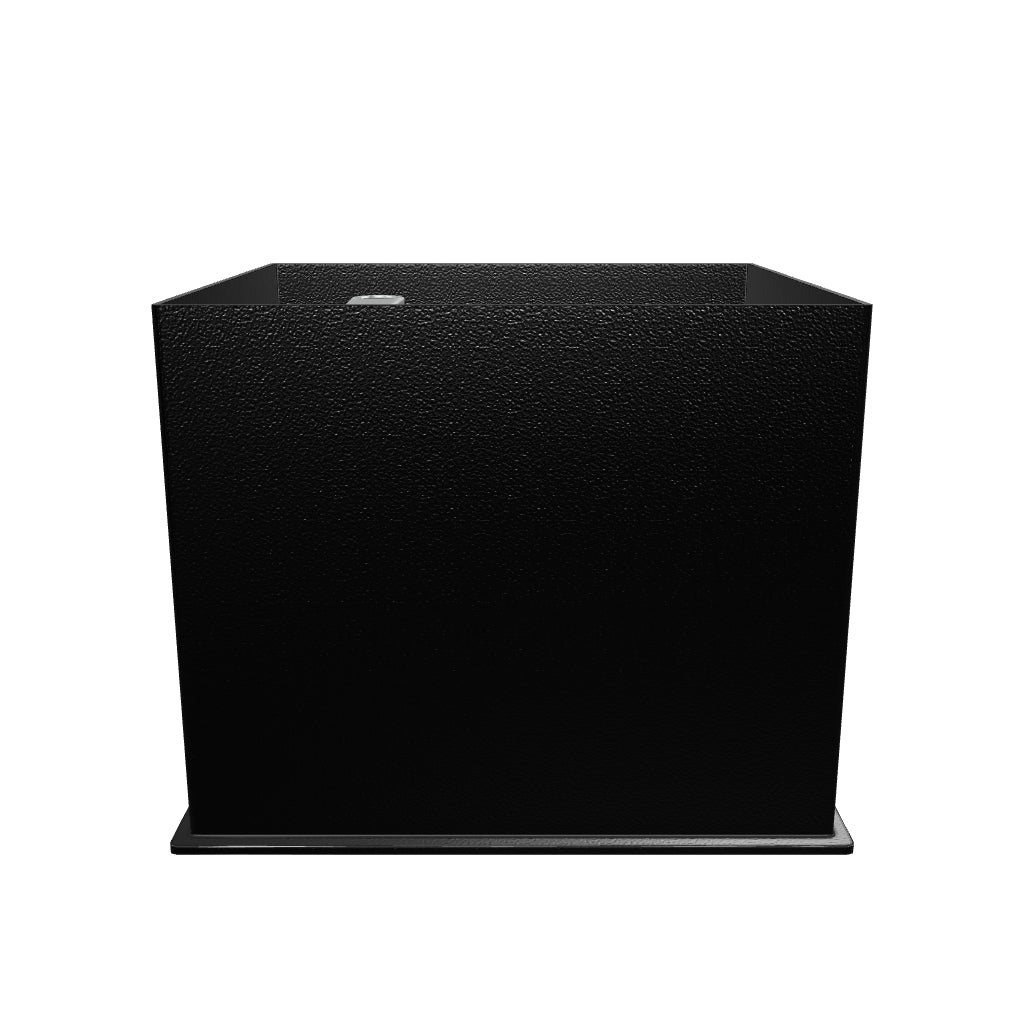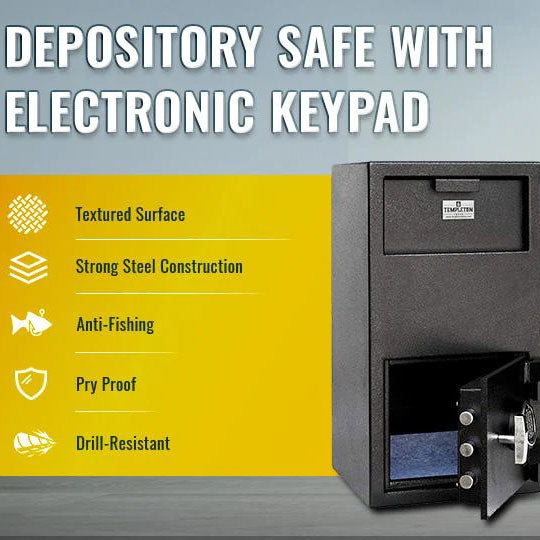Safes for Inpatient Medical Facilities: Ensuring Security for Patients and Staff
Inpatient medical facilities are entrusted with the responsibility of providing quality healthcare services to patients, and ensuring their safety and well-being. Within these facilities, there are valuable assets and sensitive patient information that require utmost protection. One effective way to ensure security within these environments is by utilizing high-quality safes. Here, we will explore the importance of safes in inpatient medical facilities, provide advice on choosing the right safe, and highlight the significance of proper maintenance to uphold the safety of patients and staff.
Protecting Sensitive Patient Information
Inpatient medical facilities store a vast amount of sensitive patient information, including medical records, personal data, and billing information. Such data is highly valuable and needs to be protected from unauthorized access, theft, or misuse. Investing in safes that offer advanced security features, such as biometric locks or combination locks, can significantly enhance the protection of this crucial information. These safes provide an extra layer of security, ensuring that only authorized personnel can access the stored data, thus safeguarding patient privacy and confidentiality.
Securing Valuables and Medications
Apart from sensitive patient information, inpatient medical facilities also house valuable assets, such as medication supplies, medical equipment, and personal belongings of patients. Theft or unauthorized access to these assets can disrupt the facility's operations and compromise patient care. Templeton Safes offer high-quality safes designed specifically for medical environments offer secure storage for medication and other valuable items. These safes are often constructed with robust materials, equipped with tamper-proof locks, and provide controlled access to authorized staff members. By securely storing medications and valuables, inpatient facilities can ensure that they are readily available when needed and protect them from theft or misplacement.
Choosing the Right Safe for Inpatient Medical Facilities
Selecting the right safe for an inpatient medical facility requires careful consideration of various factors. Here are a few key aspects to keep in mind:
-
Size and Capacity: Assess the specific storage needs of your facility. Determine the amount and type of items you need to store, including medication supplies, medical equipment, or sensitive documents. Choose a safe that offers adequate space to accommodate these items while considering future expansion.
-
Security Features: Look for safes with advanced security features, such as tamper-proof locks, biometric access controls, or digital combination locks. Consider additional features like fireproof or water-resistant capabilities, depending on your facility's requirements.
-
Accessibility and User Management: Evaluate the number of authorized personnel who will need access to the safe. Choose a safe that allows for multiple user profiles, enabling you to assign specific access permissions to different staff members based on their roles and responsibilities.
-
Compliance Standards: In the healthcare industry, regulatory compliance is crucial. Ensure that the safe you choose meets relevant industry standards, such as HIPAA (Health Insurance Portability and Accountability Act) for patient privacy and FDA (Food and Drug Administration) regulations for medication storage.
Maintaining Safe Security
Once the appropriate safe is installed in your inpatient medical facility, it is essential to prioritize regular maintenance to ensure continued security. Here are some maintenance tips to consider:
-
Inspections and Audits: Conduct routine inspections to check for any signs of tampering, damage, or malfunctioning components. Regularly audit access logs to monitor and track safe usage by staff members.
-
Upkeep and Repairs: Follow the manufacturer's guidelines for cleaning and maintenance. Regularly inspect hinges, locks, and bolts to ensure they are functioning correctly. If any issues arise, promptly contact a professional safe technician for repairs or replacement.
-
Staff Training: Educate staff members on safe usage protocols, including proper locking and unlocking procedures, safe handling of keys or access cards, and the importance of confidentiality. Conduct regular training sessions to reinforce security practices.
Inpatient medical facilities must prioritize the security of sensitive patient information, valuable assets, and medications. Safes play a vital role in maintaining the safety and privacy of patients and staff. By investing in high-quality safes, choosing the right one for your facility, and implementing proper maintenance procedures, you can ensure the security and integrity of critical assets, protect patient privacy, and uphold regulatory compliance. By taking these steps, inpatient medical facilities can create a secure environment that promotes trust, confidence, and quality care for all.






























